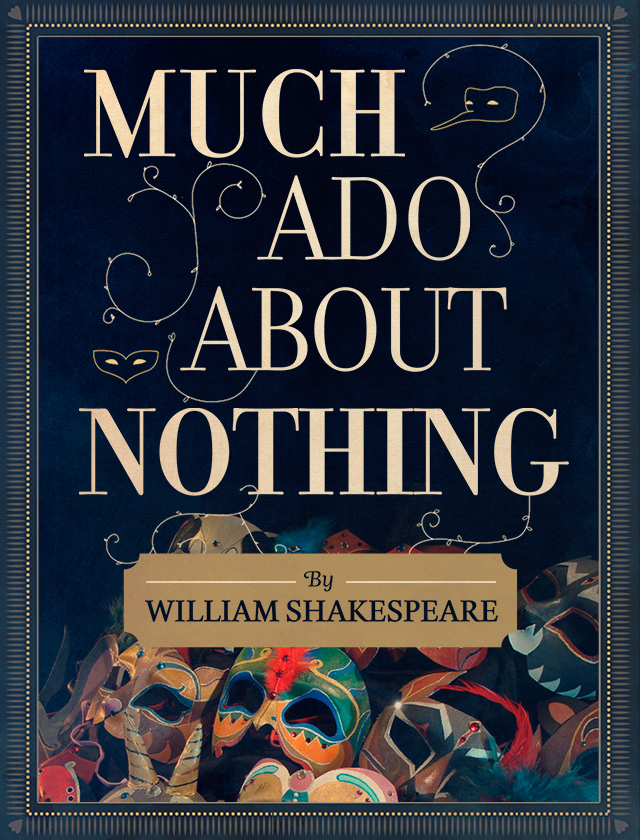Much Ado About Nothing
by William Shakespeare
Hero
Chaste, obedient, and passive, Hero embodies the ideals of the Elizabethan era regarding what a woman of her class should be like. Although there is some suggestion at the very beginning of the play that she developed feelings for Claudio on his previous visit to Messina, it is implied that she would obey her father’s wishes in accepting Don Pedro as her husband nonetheless. In comparison to Beatrice, who refuses the prince’s proposal because she does not love him, Hero always acts in accordance with her role as a dutiful daughter. Because Hero, like Claudio, seems to welcome and accept marriage for its own sake—as a union of social equals dressed in poetic language—her romance with Claudio is not nearly as compelling as Beatrice’s with Benedick. Yet, in her innocence and gentleness, Hero is a highly sympathetic character, and Claudio’s public rejection of her in Act 4 is grossly unfair. Hero undergoes a symbolic transformation in her death and rebirth, and perhaps her suffering also leads to greater maturity by the end of the play. When Claudio lifts her veil in the final act, she wisely states that “when I liv’d, I was your other wife:/And when you lov’d, you were my other husband,” pointing out that they have both matured since their first wedding day—hopefully enough to enter into marriage with the proper degree of seriousness and trust.
Sign up to continue reading Hero >